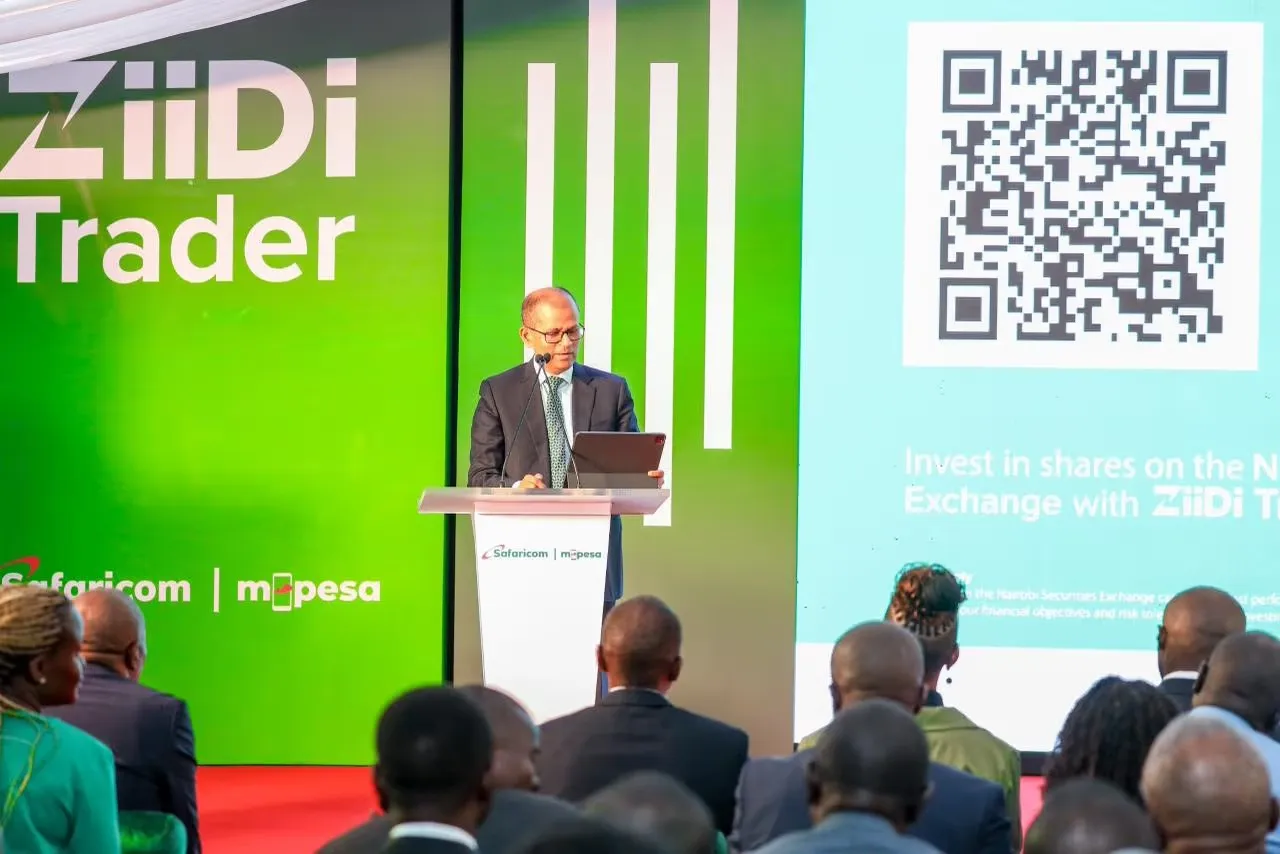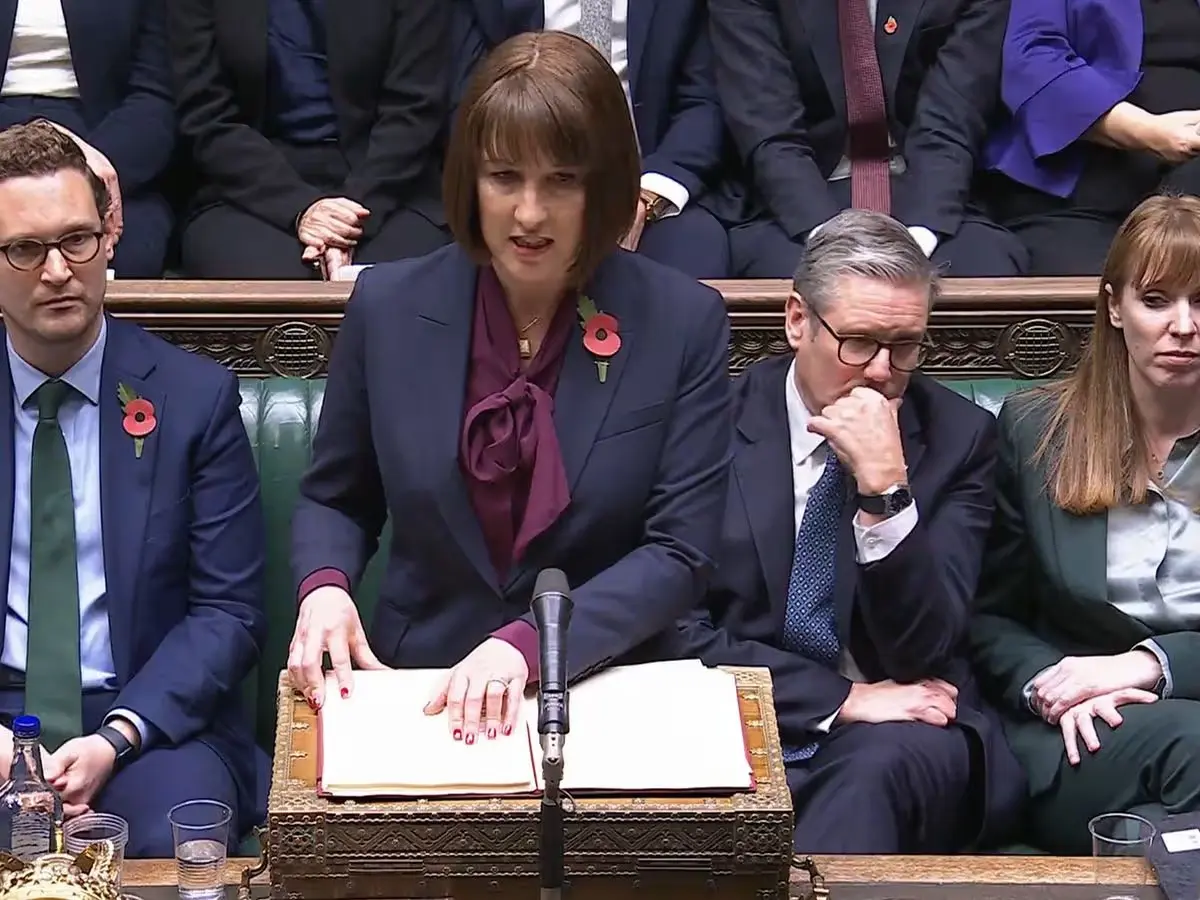In a bold move that promises to reshape Nigeria’s foreign exchange landscape, President Bola Tinubu’s administration has introduced the ‘naira for crude’ initiative, which allows indigenous refineries to purchase crude oil using either the naira or the U.S. dollar. This policy, praised by business magnate Aliko Dangote, is expected to significantly reduce the demand for foreign currency, easing pressure on the naira and contributing to the stabilization of the Nigerian economy.
Speaking on Arise TV during the announcement of petrol production at the newly operational Dangote Refinery in Lagos, Dangote emphasized the far-reaching impact of this initiative. “I will like to salute the people of Nigeria and the government of President Bola Tinubu for creating the environment for us to thrive and also achieve this monumental feat of giving energy to our people for growth and prosperity,” he said. Dangote further elaborated that the ‘naira for crude’ initiative could cut Nigeria’s demand for foreign exchange by 40%, offering much-needed relief to the country’s struggling currency.
Impact on Nigeria’s Foreign Exchange Market
The ‘naira for crude’ initiative is a strategic response to Nigeria’s perennial foreign exchange challenges. With the Central Bank of Nigeria (CBN) grappling with dwindling foreign reserves and a volatile exchange rate, this policy could be a game-changer. By reducing the demand for U.S. dollars, the initiative aims to stabilize the naira, which has faced significant depreciation in recent years. The policy also aligns with the CBN’s broader efforts to promote the use of local currency in international trade, a move that could enhance Nigeria’s economic sovereignty and reduce its dependence on foreign currencies.
Enhancing Transparency and Reducing Round-Tripping
One of the critical benefits of the Dangote Refinery’s operations, as highlighted by Dangote, is the increased transparency it will bring to Nigeria’s fuel consumption patterns. With the ability to track each loaded truck and ship, the refinery will provide accurate data on the country’s fuel usage, which has been a contentious issue for years. This transparency is expected to curb illegal practices such as round-tripping, where traders exploit currency discrepancies for profit, further stabilizing the naira.
In addition to transparency, the Dangote Refinery is set to play a pivotal role in Nigeria’s energy sector. The refinery, with a processing capacity of 650,000 barrels of oil per day, is the largest in Africa and one of the largest in the world. Once fully operational, it is expected to meet Nigeria’s domestic fuel needs and even export surplus production, significantly reducing the country’s dependence on imported refined petroleum products. This shift will not only save foreign exchange but also create jobs and stimulate economic growth.
Boosting Nigeria’s Crude Oil Reserves
The ‘naira for crude’ initiative is part of a broader strategy to optimize Nigeria’s crude oil and condensate reserves, which the government recently announced have increased to 37.5 billion barrels as of January 1, 2024. This increase in reserves, coupled with the extended life index of 68.01 years, positions Nigeria as a key player in the global oil market for decades to come. The government’s focus on leveraging these reserves for domestic use, rather than relying solely on exports, marks a significant shift in Nigeria’s energy policy.
Addressing the Subsidy Challenge
The introduction of the ‘naira for crude’ initiative also comes at a time when Nigeria is grappling with the challenges of fuel subsidies. Historically, the Nigerian government has spent billions of dollars subsidizing the cost of imported fuel, a policy that has strained public finances and contributed to economic inefficiencies. By promoting domestic refining through policies like ‘naira for crude,’ the government aims to reduce its subsidy burden, freeing up resources for other critical areas of the economy such as healthcare, education, and infrastructure.
Long-Term Economic Implications
While the immediate benefits of the ‘naira for crude’ initiative are evident, its long-term implications could be even more profound. By reducing demand for foreign exchange and promoting domestic refining, the policy could lead to a more stable and resilient Nigerian economy. A stronger naira would make imports cheaper, reducing inflationary pressures on the economy. Moreover, the savings from reduced fuel subsidies could be redirected towards investments in infrastructure, education, and technology, driving long-term economic growth.
However, the success of this initiative will depend on several factors, including the efficient operation of the Dangote Refinery, the government’s ability to maintain a stable supply of crude oil to domestic refineries, and the continued support of the Central Bank of Nigeria in managing foreign exchange policies. Additionally, the government will need to address potential challenges such as the risk of corruption and inefficiency in the distribution of crude oil to refineries.
Global Context and Nigeria’s Role in Energy Transition
Nigeria’s ‘naira for crude’ initiative also comes at a time when the global energy landscape is undergoing significant changes. With the world gradually shifting towards renewable energy, oil-producing countries like Nigeria face the challenge of adapting to the energy transition while maximizing the value of their existing fossil fuel resources. The Dangote Refinery, with its focus on efficiency and transparency, could serve as a model for other oil-producing countries looking to navigate the energy transition.
Moreover, Nigeria’s strategy of promoting domestic refining aligns with broader global trends towards energy self-sufficiency and sustainability. By reducing its reliance on imported refined products and increasing domestic production, Nigeria can position itself as a more resilient and self-sufficient economy in the face of global energy market fluctuations.
Conclusion
President Bola Tinubu’s ‘naira for crude’ initiative represents a bold and strategic move to address Nigeria’s foreign exchange challenges, promote economic stability, and enhance transparency in the energy sector. With the support of the Dangote Refinery and other indigenous refineries, this policy could significantly reduce Nigeria’s demand for foreign exchange, stabilize the naira, and create a more resilient and self-sufficient economy. However, the success of this initiative will depend on effective implementation, transparency, and the government’s ability to navigate potential challenges in the energy sector. As Nigeria continues to evolve its energy policies in response to global trends, the ‘naira for crude’ initiative could serve as a cornerstone of the country’s economic strategy for years to come.
Photo source: Google
By: Montel Kamau
Serrari Financial Analyst
4th September, 2024
Article, Financial and News Disclaimer
The Value of a Financial Advisor
While this article offers valuable insights, it is essential to recognize that personal finance can be highly complex and unique to each individual. A financial advisor provides professional expertise and personalized guidance to help you make well-informed decisions tailored to your specific circumstances and goals.
Beyond offering knowledge, a financial advisor serves as a trusted partner to help you stay disciplined, avoid common pitfalls, and remain focused on your long-term objectives. Their perspective and experience can complement your own efforts, enhancing your financial well-being and ensuring a more confident approach to managing your finances.
Disclaimer: This article is for informational purposes only and does not constitute financial advice. Readers are encouraged to consult a licensed financial advisor to obtain guidance specific to their financial situation.
Article and News Disclaimer
The information provided on www.serrarigroup.com is for general informational purposes only. While we strive to keep the information up to date and accurate, we make no representations or warranties of any kind, express or implied, about the completeness, accuracy, reliability, suitability, or availability with respect to the website or the information, products, services, or related graphics contained on the website for any purpose. Any reliance you place on such information is therefore strictly at your own risk.
www.serrarigroup.com is not responsible for any errors or omissions, or for the results obtained from the use of this information. All information on the website is provided on an as-is basis, with no guarantee of completeness, accuracy, timeliness, or of the results obtained from the use of this information, and without warranty of any kind, express or implied, including but not limited to warranties of performance, merchantability, and fitness for a particular purpose.
In no event will www.serrarigroup.com be liable to you or anyone else for any decision made or action taken in reliance on the information provided on the website or for any consequential, special, or similar damages, even if advised of the possibility of such damages.
The articles, news, and information presented on www.serrarigroup.com reflect the opinions of the respective authors and contributors and do not necessarily represent the views of the website or its management. Any views or opinions expressed are solely those of the individual authors and do not represent the website's views or opinions as a whole.
The content on www.serrarigroup.com may include links to external websites, which are provided for convenience and informational purposes only. We have no control over the nature, content, and availability of those sites. The inclusion of any links does not necessarily imply a recommendation or endorsement of the views expressed within them.
Every effort is made to keep the website up and running smoothly. However, www.serrarigroup.com takes no responsibility for, and will not be liable for, the website being temporarily unavailable due to technical issues beyond our control.
Please note that laws, regulations, and information can change rapidly, and we advise you to conduct further research and seek professional advice when necessary.
By using www.serrarigroup.com, you agree to this disclaimer and its terms. If you do not agree with this disclaimer, please do not use the website.
www.serrarigroup.com, reserves the right to update, modify, or remove any part of this disclaimer without prior notice. It is your responsibility to review this disclaimer periodically for changes.
Serrari Group 2025
















